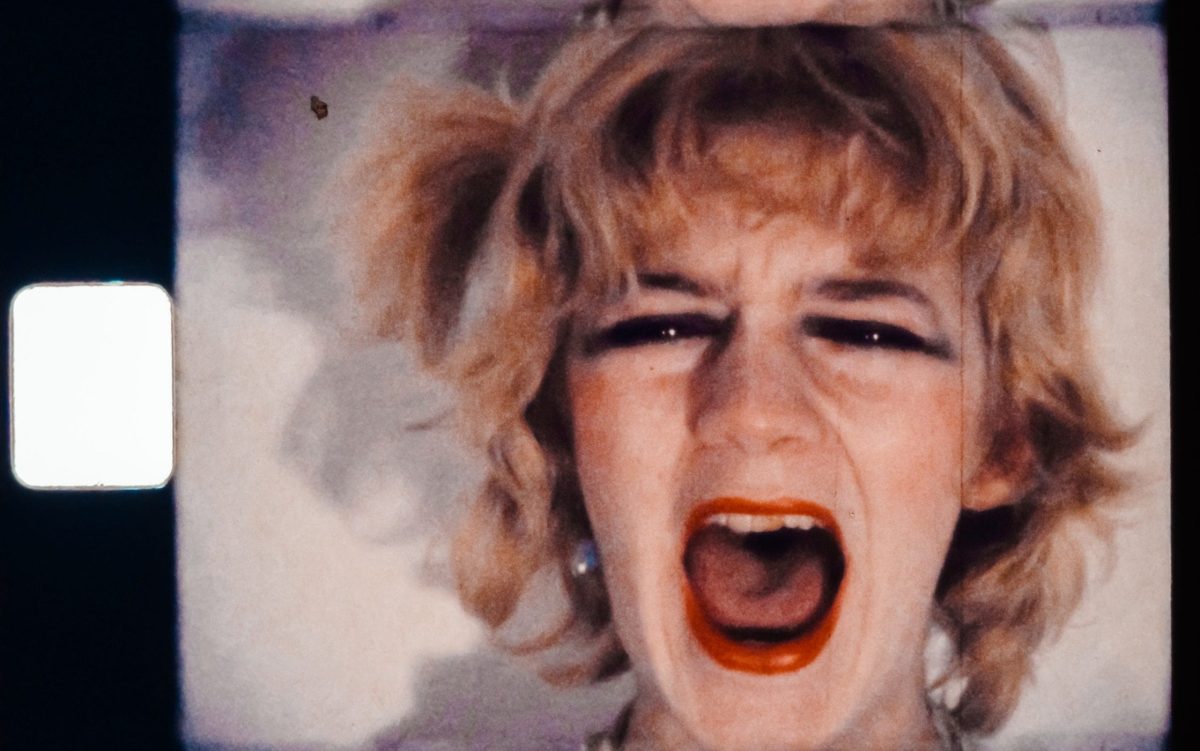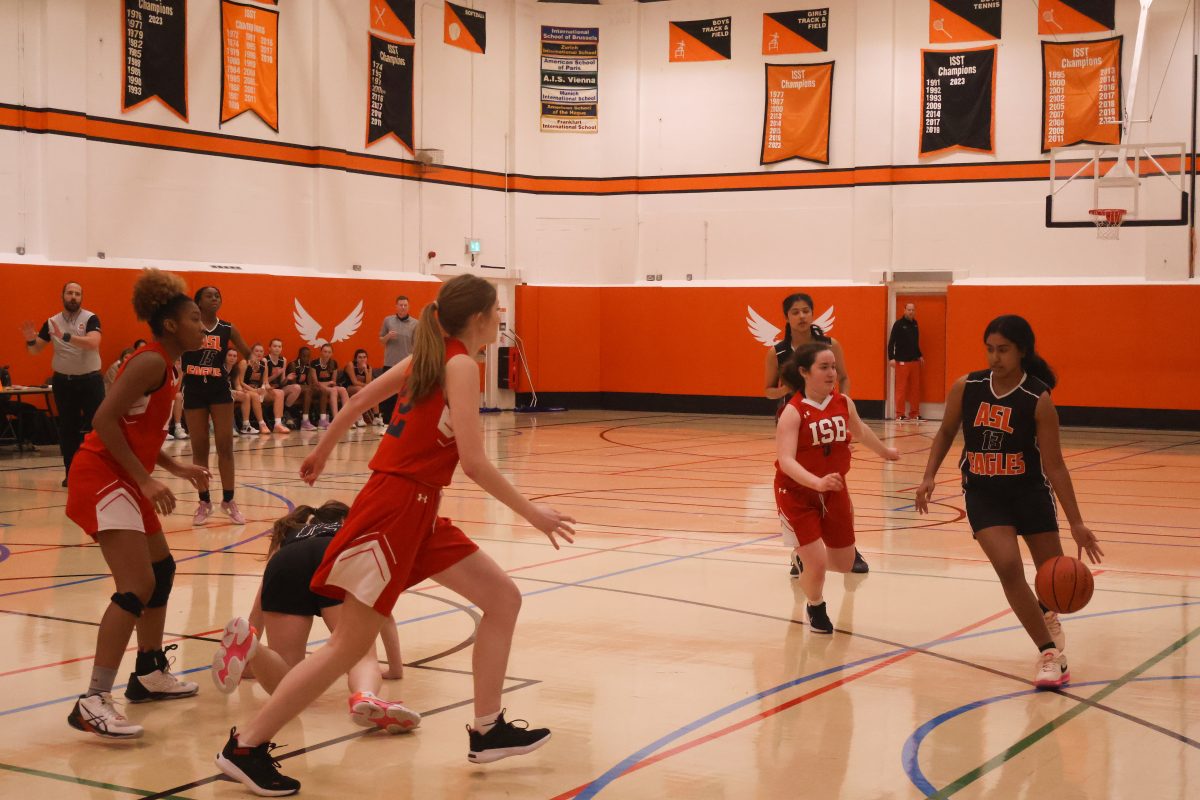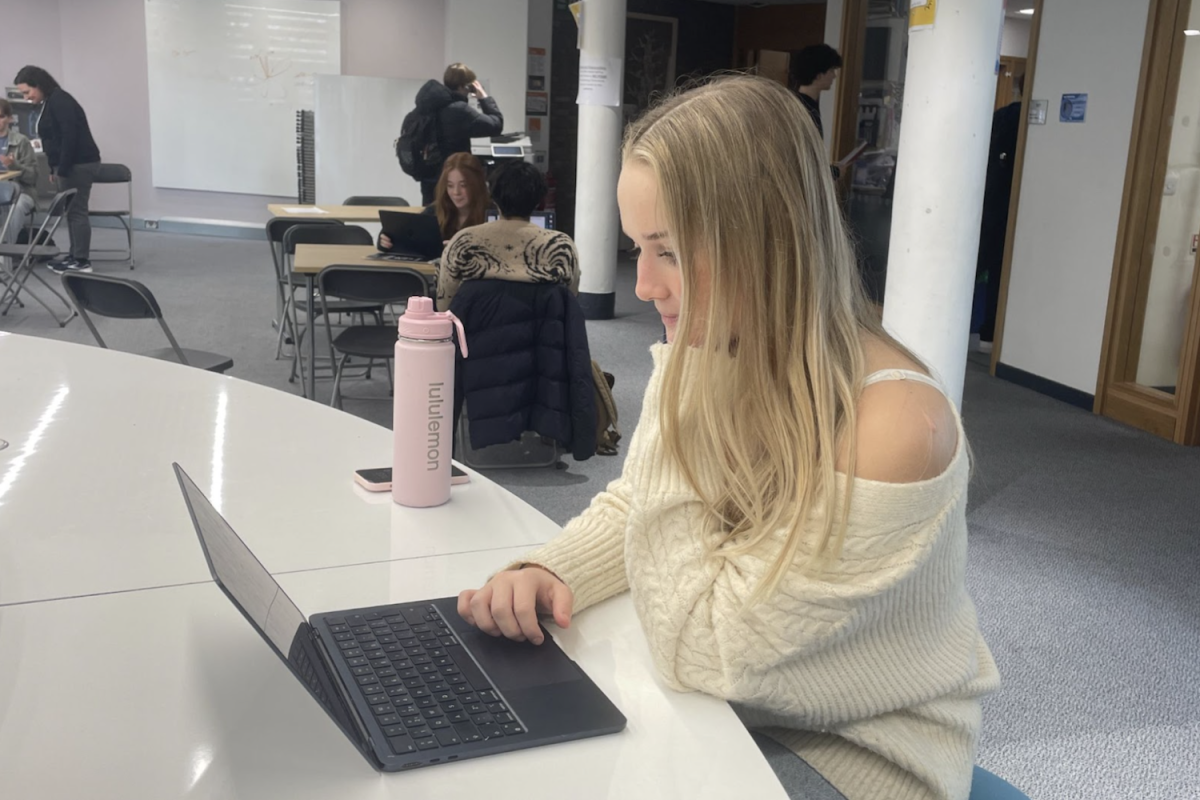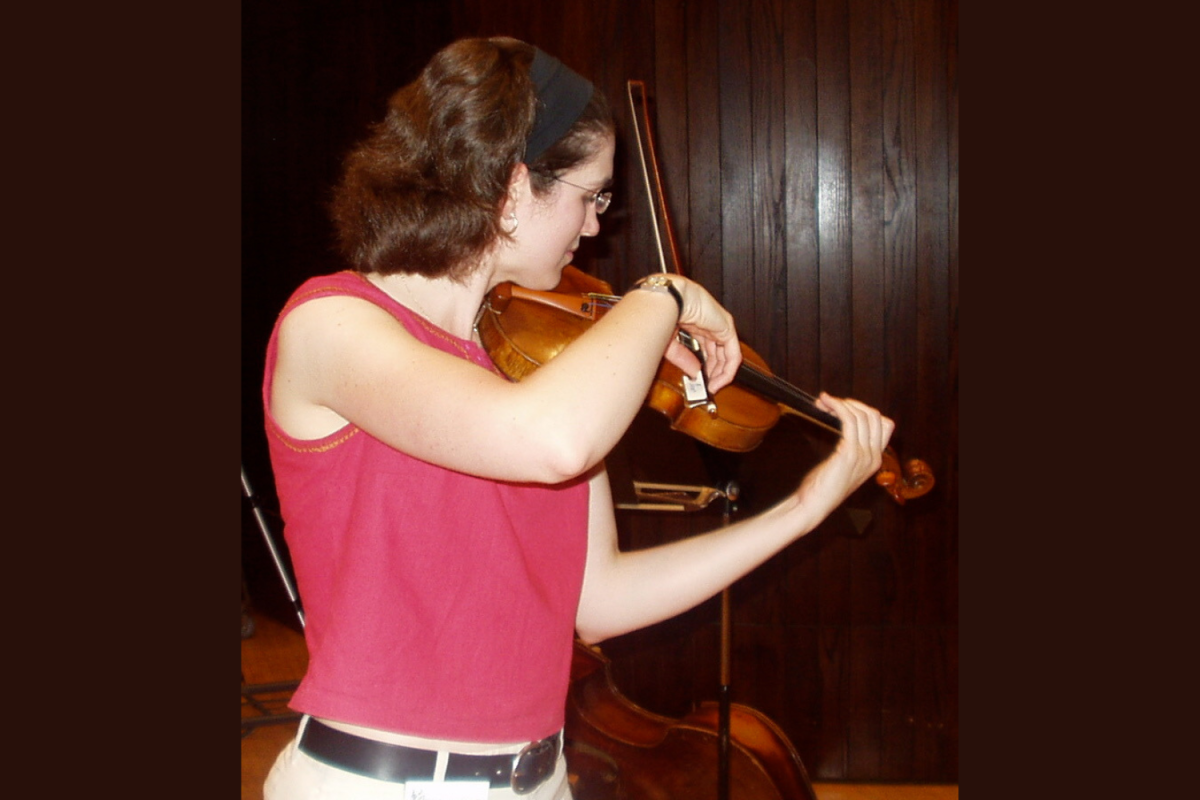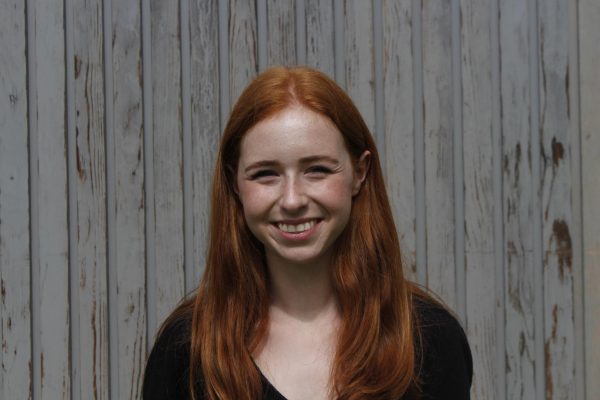“I wanted to rage at the world,” Performing Arts Teacher Lorraine Davis said. “Music was my answer because it could handle whatever emotion I wanted to play on those strings.”
Having spent her childhood in Arlington, Virginia, Davis’ youth consisted of “music, music and more music.” After beginning to play the violin in Grade 4 through her school’s compulsory performing arts program, Davis said her enthusiasm for orchestral pieces “lit the fuse” for her career.
Over the years, Davis said her growing passion quickly became demanding, filling the schedule of a busy teenager to the brim.
“By the end of High School, I was doing a music-related activity every single day of the week, and it was exhausting,” she said. “I cried a lot, but looking back, I can say I loved every minute of it.”
Davis said she was often pushed to levels too advanced for her violin skills to compensate for, leaving her discouraged by her underdeveloped musical identity.
“I remember sitting there on my bedroom floor with sheet music across the floor, reading the notes that my fingers sometimes just couldn’t play,” she said.
Nevertheless, she said her constant desire for challenge, which stemmed from both her own motivation and the encouragement from her teachers, urged her to “knuckle down” and “learn the piece to the tee.”
Davis said it was this drive to overcome new obstacles and her teacher’s faith in her talent that allowed her to improve rapidly throughout high school, setting the “puzzle pieces” in place for the rest of her music career.
“Those teachers were so committed to us, and for me, it’s what helped me get through those tough spots,” Davis said. “You could tell that they really loved us. They would’ve done anything for us, and seeing that also really put the idea of being a teacher in my head.”
Additionally, she said it was this passion her teachers had for their students in elementary school that first planted the idea of becoming an educator in her head.
My entire soul was just, like, willing for my dream for music to come true.
— Lorraine Davis
“I’ve always loved learning, and when I saw being a teacher could let that learning never end, I knew it was something I wanted to do,” she said. “The world looked so magical for them, and I wanted that too.”
Despite facing rejections from her top two school choices when she began applying to university, Davis said she was able to find “the silver lining” and “make the most” of the school she wound up attending.
“I’m glad looking back because the third school was the one where I belonged,” Davis said. “Even though I didn’t know that school would be the exact right school for me, it really was the best environment.”
At Ithaca College in New York, Davis earned her Bachelor of Music in both education and performance and said it was a time-consuming double degree.
“I was working, studying and practicing all the time, so there was very little time for anything else,” Davis said. “My entire soul was just, like, willing for my dream for music to come true.”
Davis said her favorite piece she performed during college was “Symphony No. 5 in D minor, Op. 47” by Dimitri Shostakovich due to its style and feel.
“[The music] is so searingly angry and frustrated with life, and that’s when I could really start to hear all the emotion behind the music,” Davis said.
During Davis’ last year of university, she taught music at an elementary school, which she said provided her with valuable work experience that later became an asset to her job applications.
“It took over my life, and it was totally intense, and like, way harder than I realized, but like everything else that had this crazy level of commitment, I loved everything about it,” Davis said. “When I began applying for jobs, I already had a semester’s teaching experience where I was the only orchestra teacher, so I actually had a lot of really useful practice.”
After spending time teaching in Long Island, Davis said she yearned for a change after struggling to “totally fit in with the people and culture.”
“I was really starting to burn out in New York, and I really needed to find a place where my heart could sing,” Davis said. “Long Island was very family-oriented, and I was just like this young, single woman who just wanted to see the world, and they didn’t understand that.”
Moreover, Davis said the job position she was offered at the school, which gave her the opportunity to move overseas, was “a gift from God” and proved to be the right decision for her long term.
Beyond simply teaching students to play string instruments, Davis has been able to conduct orchestras during their performances. Davis said performing and conducting are “like different sides to the same coin” due to their similar movements but the difference in intended audience.
“For performers, their focus is to play well so the audience can enjoy the music, but as a conductor, you’re not even at all worried about what’s happening in the crowd, and your only focus is on the players,” Davis said. “It’s quite an impotent feeling. You can’t make the sound you want to hear and it’s very much in [the performer’s] hands.”
A lot of people will say, like, ‘Music is everyone’s language,’ and that is so true, it’s like a global identity.
— Lorraine Davis
Furthermore, Davis said the orchestra must be a “steerable vehicle” because players must be both “awake and responding” to the changes in music the conductor may want to signal on stage.
“I want us to be able to steer the car and change the speed, and, you know, we need to be able to actually choose what we do in the moment rather than have everything programmed,” Davis said. “The excitement comes from creating something new by second that’s never been done before, and being so creatively in touch with the music is the real beauty to it all.”
Ultimately, Davis said she deeply cherishes the universal appreciation for music and its ability to unite a diverse world.
“A lot of people will say, like, ‘Music is everyone’s language,’ and that is so true, it’s like a global identity,” Davis said. “I just thought to myself when I was younger, what else would I want to do with my life other than study music? Here I am, you know, given an opportunity to be part of something so beautifully interconnected.”

